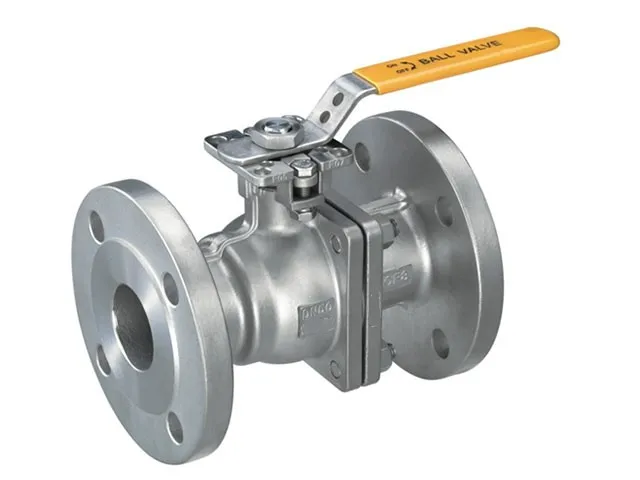high flow needle valve
Understanding High Flow Needle Valves A Key Component in Fluid Control
High flow needle valves are critical components in various industries, primarily due to their ability to control fluid flow with precision. These valves play a significant role in applications ranging from chemical processing to oil and gas production. In this article, we will delve into the features, advantages, and applications of high flow needle valves.
What is a High Flow Needle Valve?
A high flow needle valve is designed to regulate the flow of liquids and gases in a system with enhanced precision. The valve typically features a tapered point at the end of a long, thin stem that moves in and out of a seat, allowing for fine adjustments in flow rates. Unlike standard valves that can only offer on/off functionality, needle valves can finely control the flow, making them invaluable in systems where precise dosing is required.
Features of High Flow Needle Valves
1. Precision Control The design of high flow needle valves enables operators to make very small adjustments to the valve's position, leading to precise flow control. This feature is particularly crucial in scenarios where varying flow rates are needed.
2. Materials and Durability These valves are often manufactured from robust materials such as stainless steel, brass, or PVC to withstand high pressures and corrosive environments. This durability ensures long service life and reduces the need for frequent replacements.
3. Wide Flow Range High flow needle valves are capable of managing a wide range of flow rates. Their design allows for larger volume flows compared to standard needle valves, making them suitable for high-capacity applications.
high flow needle valve

4. Compact Size Their compact construction enables the integration of high flow needle valves in tight spaces without compromising performance or efficiency.
Advantages of Using High Flow Needle Valves
The primary advantage of high flow needle valves is their unmatched precision in flow regulation. They facilitate smooth transitions between different flow rates, which is crucial in processes that require meticulous control, such as chemical reactions and laboratory experiments. Moreover, their ability to handle high flow rates efficiently makes them ideal for industrial applications where large volumes of fluids need to be managed.
Additionally, their robust construction ensures reliability and longevity, reducing maintenance costs and downtime. Industries such as petrochemicals, pharmaceuticals, and water treatment heavily rely on these valves due to their reliability and performance in extreme conditions.
Applications of High Flow Needle Valves
High flow needle valves find applications across various sectors. In the oil and gas industry, they are used to control the flow of hydrocarbons and drilling fluids. In chemical processing, these valves manage the flow of reagents and catalysts, ensuring controlled reactions. They are also employed in water treatment facilities to regulate water flow and in laboratories where precise fluid handling is essential.
In summary, high flow needle valves are a cornerstone in fluid control applications. Their design allows for unparalleled precision, durability, and versatility, making them suitable for a wide array of industries. As the demand for more efficient and reliable fluid management solutions continues to grow, the role of high flow needle valves will undoubtedly remain significant. Whether in industrial processes or scientific research, these valves are integral in achieving optimal flow control outcomes.
-
The Key to Fluid Control: Exploring the Advantages of Ball Valves in Industrial SystemsNewsJul.09,2025
-
The Versatile World of 1, 2, and 3 Piece Ball ValvesNewsJul.09,2025
-
Stainless Steel Ball Valves: The Ideal Choice for Efficient Flow ControlNewsJul.09,2025
-
Optimizing Fluid Control with Ball Float ValvesNewsJul.09,2025
-
Manual Gate Valves: Essential for Control and EfficiencyNewsJul.09,2025
-
Everything You Need to Know About Butterfly ValvesNewsJul.09,2025
-
The Versatility of Wafer Type Butterfly ValvesNewsJul.08,2025




